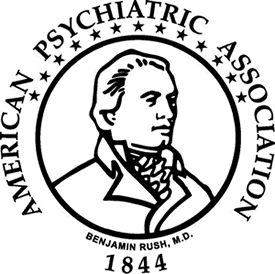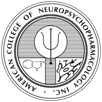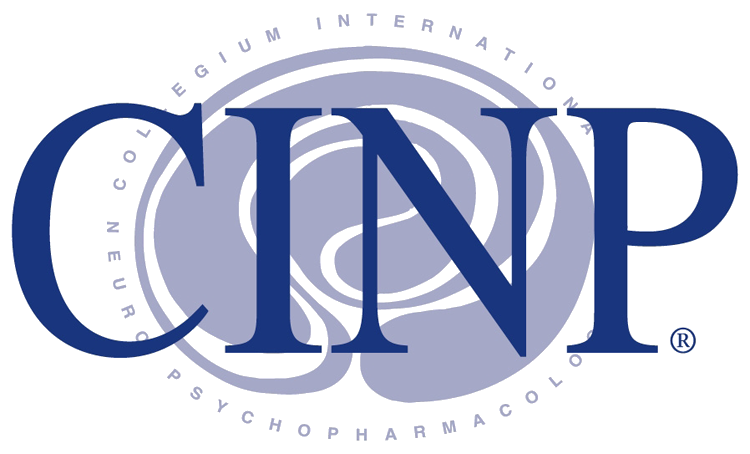Depression: The Common Cold of Psychiatry
Feeling persistently down or like you’ve got ‘the blues’ is pretty common in today’s ever-changing society. Affecting roughly 3-4% of the world, it is easy to tout Depression as the “common cold” of mental disorders. Roughly 78% of individuals will be affected by depression in their lives whether directly or indirectly, through a friend, family member or loved one. The disorder is so prevalent in multiple forms it could cost our society billions in work loss, health care and a great deal of personal suffering. The first step in identifying your form of depression is to
assess the characteristics of your condition.
4 Major Forms of Depression
There is often dubiety surrounding the various forms of depression that people experience, given depression is categorized on several levels of the DSM5 (Diagnostic and Statistical Manual of Mental Disorders). This is including the four major types, listed as:
- Unipolar Depression
- Abnormally depressed mood, lack of interest, increase of self-doubt and poor concentration most of the day, nearly every day, for at least 2 weeks.
- Biological Depression
- A type of depression which is said to be caused without any external trigger, but rather changes in the level of the body’s hormones.
- Manic Depression (Also labeled as Bipolar Disorder)
- Alternating moods of abnormal highs (mania) and lows (depression). Extreme depression associated with risky behavioral episodes such as extreme anger/excitation, hazardous life choices, and symptoms of frequent extreme mood swings.
- Commonly experienced Dysthymia (minor depression)
- Characterized as neurotic depression, with extreme low moods occurring for a minimum of two years, along with at least two other symptoms of depression.
As of late, more accounts of Dysthymia have been reported in patients, with rates as high as 10% in the world. While symptoms of Dysthymia present as feelings of sadness and isolation over the course of 2 years, these symptoms could be precursing symptoms to major depressive conditions such as MDD (Major Depressive Disorder). Extreme feelings associated with MDD are often loss of interest hopelessness, worthlessness, and thoughts of death and/or suicide.
What can be done?
With skyrocketing rates of individuals suffering from depression, attentiveness to receive appropriate and effective treatment for it is imperative. Fieve Depression Center on New York’s upper East Side has America’s #1 Harvard/Columbia University-associated professionally trained staff available to diagnose and treat these patients, well known to most of us in the workplace, our homes, in sports, Hollywood, the news as well as those who are unknown to many of us and who usually suffer alone without help from the society or any one of us. We will work to maximize your medical insurance benefits. We work with Aetna, Cigna, United Healthcare, Oxford, Medicare, Optum, United Behavioral Health and Value Options.
















